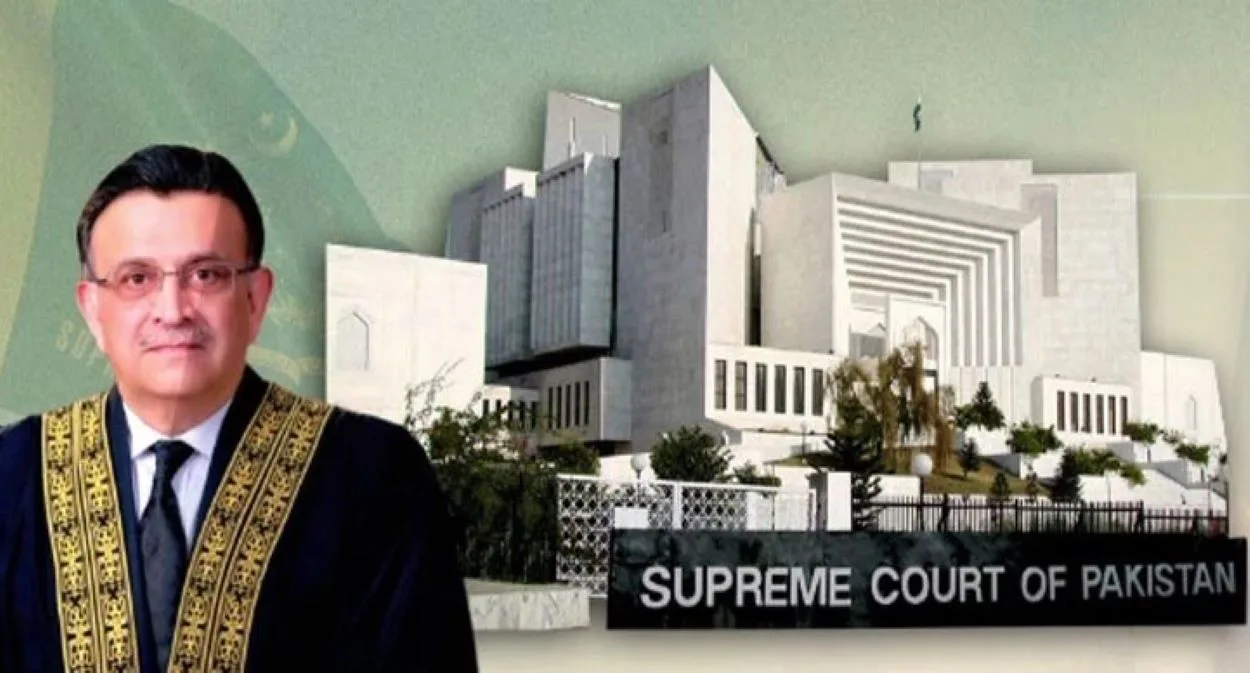The Supreme Court of Pakistan has denied the federal government’s petition to form a full court bench to adjudicate a series of challenges against the trial of civilians in military tribunals.
The case was overseen by a six-judge bench headed by Chief Justice of Pakistan (CJP) Umar Ata Bandial. The federal government had argued for the right to prosecute those accused of aggression against the armed forces under the Pakistan Army Act (PAA) 1952. However, the court remained unconvinced, making it clear that a full court could not be formed due to the unavailability of judges.
The federal government justified their stance by noting that Article 245 of the Constitution empowers the armed forces to defend Pakistan against external aggression or threat of war. The implication is those engaged in violent acts against the armed forces should be tried under the PAA as a measure of deterrence.
Debates and Controversies Surrounding Military Tribunals
The court proceedings witnessed heated debates and discussions. President of the Supreme Court Bar Association (SCBA), Abid Zuberi, took the stage first, asserting that civilians could not be subjected to military trials, a principle upheld in the Liaqat Hussain case. According to Zuberi, only a constitutional amendment could permit such a course of action.
Justice Ahsan, however, pointed out that the Liaqat Hussain case did not necessitate a constitutional amendment. The discussion further delved into the parameters for determining the connection of a suspect to a crime, the specifics of military prosecutions, and the extent to which the Official Secrets Act was used against suspects involved in the violence that took place on May 9.
Amidst the exchange, Attorney General Mansoor Usman Awan insisted that the entire bench of justices should hear the case, citing the precedent of a full court deciding on the petitions against the 21st Amendment. Despite these arguments, the court denied the government’s request to form a full bench, pushing the hearing to the following day.
Several prominent figures have lodged petitions, including former Chief Justice Jawwad S. Khawaja, Aitzaz Ahsan, Karamat Ali, and PTI Chairman Imran Khan. They collectively argue that trying civilians in military courts is unconstitutional, infringing on fundamental rights provided by the Constitution. The petitions demand the suspension of all proceedings against civilians based on the contentious sections of the Pakistan Army Act.






